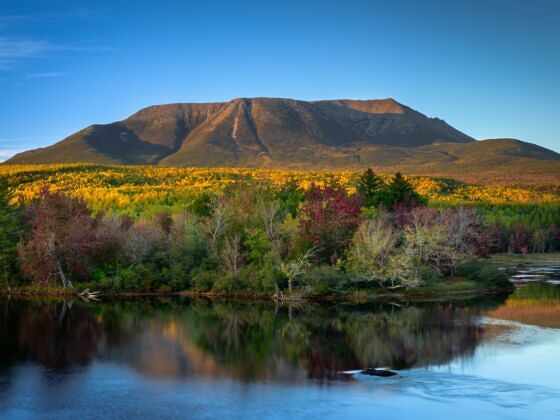In the basement waiting area of New York City’s Port Authority Station I watch the buses dock and depart from tight channels and chutes like sea creatures, floating in and disgorging, engorging and floating out.
Seated on my right, two old Amish women in black headscarves bent forward at the waist, heads in exhausted hands, like matching birds on a branch. Within reach is a moon-faced Hispanic fellow talking at cross purposes with a West Indian woman about nothing that, as far as my dim reach can manage, makes much of any sense at all; it seems they’ve just met: the apocalypse; a young kid who speaks Russian and should be in school, who they aren’t sure they can trust; some powerful or dangerous country she is trying to think of and he can’t name.
